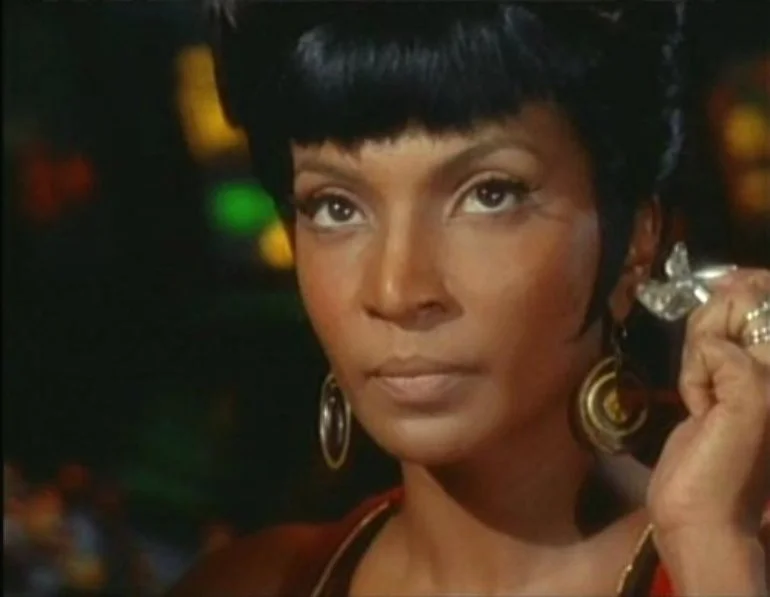Bill Russell
On And Off The Court, Russell Never Stopped Fighting
U.S. President Barack Obama helps NBA Hall of Fame great Bill Russell don the Medal of Freedom in 2011.
By James Estepp
He won two state basketball championships at McClymonds High School in Oakland. He won 60 consecutive games and two NCAA Championships at the University of San Francisco. He won an Olympic Gold Medal as Team Captain in 1956, where he was the team’s leading scorer, and his team won every game in the tournament by at least 30 points. He won a record eleven NBA Championships and the same number of MVP Awards (five) as Michael Jordan.
Bill Russell is the most-decorated American athlete ever, and yet, for all his accomplishments on the court, his legacy in life will stand far taller than his 6’9” frame ever could.
He combatted racism and fought for social justice long before athletes had the contracts and apparel deals that would allow them to say whatever they wanted to with little fear of repercussion from fans or team leadership.
He had seen more than his fair share of racism, as a small child born during the depression in Monroe, Louisiana, and then, as Boston’s first Black sports star. So much for the “Cradle of Liberty.”
If only he were facing just the constant verbal abuse and threatening letters, quite enough to break an ordinary man, but he also had his house in the Boston suburbs vandalized and a racial epithet spray-painted on his walls.
In 1961, Bill Russell had enough. After multiple Black players were refused service at a hotel coffee shop in Lexington, Kentucky, Russell organized a protest for the Celtics game against the St. Louis Hawks. All the Black players from the Celtics met Russell at his hotel room during the scheduled game, rather than playing. They were joined by the Black players from the Hawks team as well.
In 1963, following the assassination of Medgar Evers, Russell arrived in Mississippi to work with Evers’ brother, opening an integrated basketball camp together.
Later that year, Russell took part in the March on Washington, and was among a select group close to Dr. Martin Luther King, Jr. when the latter delivered his “I Have a Dream” speech.
In 1967, he was an essential part of the “Cleveland Summit,” which helped change the perception of athletes of the day, and, once again, paved the way for more of what we see today, athletes using their platforms to opine on matters of consequence.
A year earlier, Bill Russell achieved history again, in a moment that would hold an even greater sway on history than his eight consecutive NBA Championships, when he was named player/coach of the Boston Celtics, becoming the first Black Head Coach in major American sports, where he would win two championships in three years, giving him 11 in his 13 seasons in the NBA, and making gigantic strides to end another stereotype based solely on the color of skin.
He never stopped doing the right thing and encouraging others to follow that path. In 2011, he became the first basketball player to receive the Presidential Medal of Freedom.
Perhaps we will never again see this combination of greatness on the court matched (or exceeded) by a dedication to make the world he lived in a better place, but we will never forget Bill Russell for educating the world on the possibility that the two could co-exist.








